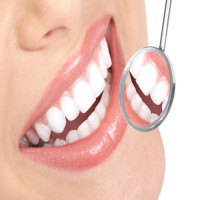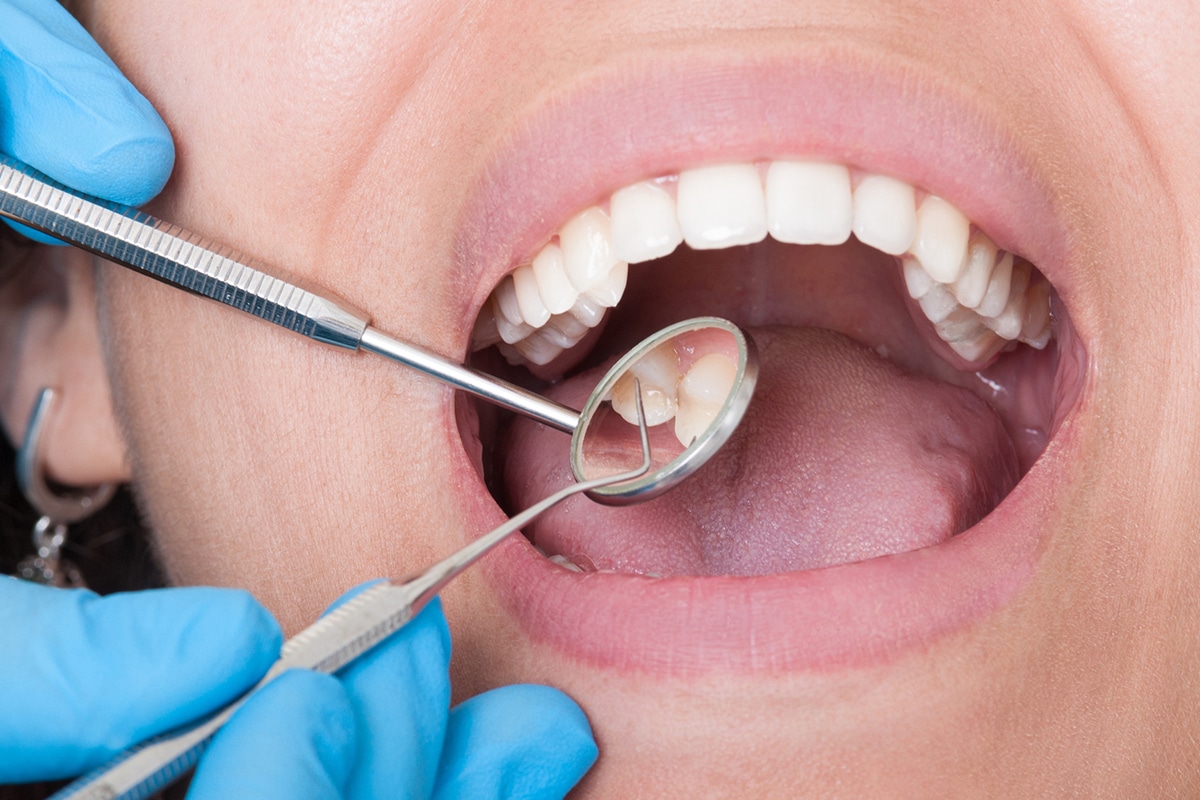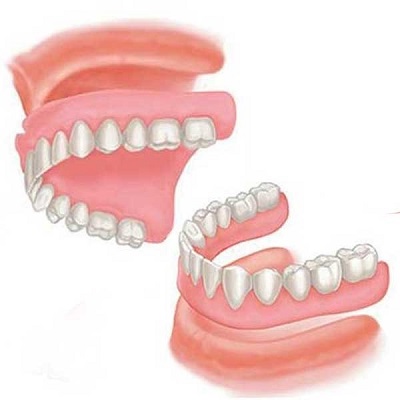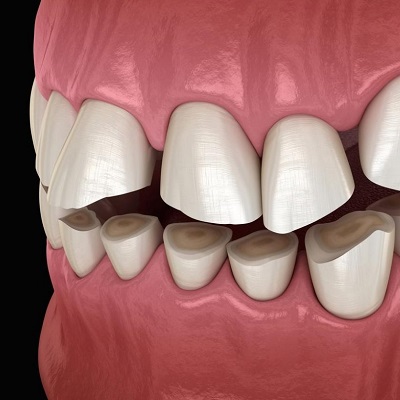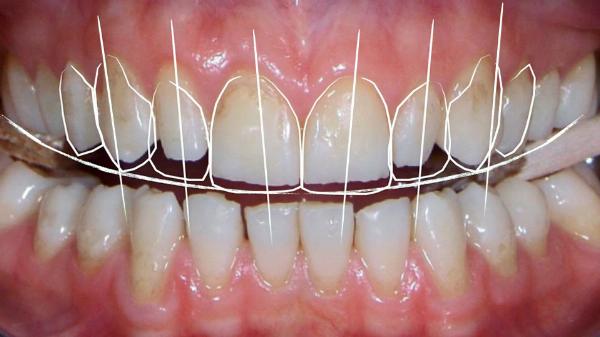The Complete Guide to Tooth Extraction in Dubai

Strong 8k brings an ultra-HD IPTV experience to your living room and your pocket.
Tooth extraction, commonly known as tooth removal, is a routine dental procedure aimed at removing a tooth from its socket in the bone. While the thought of extracting a tooth can be daunting, advances in dental technology and anesthesia make the process more comfortable and less intimidating. Best Tooth Removal Dubai, a city known for its state-of-the-art healthcare facilities, tooth extraction procedures are performed with precision and care, ensuring patient comfort and safety.
Why Tooth Extraction is Necessary
Tooth extraction is recommended for several reasons, including:
Severe Tooth Decay: When decay penetrates deeply into the tooth and affects the pulp (the innermost part of the tooth), it may be beyond repair with fillings, crowns, or root canal therapy, necessitating extraction.
Gum Disease: Advanced periodontal disease can damage the tissues and bones supporting the teeth, making them loose and requiring extraction.
Impacted Teeth: Wisdom teeth or other teeth that fail to erupt properly and become trapped in the gum or bone may cause pain, infection, or misalignment of other teeth, leading to extraction.
Overcrowding: In preparation for orthodontic treatments, teeth might be extracted to create space for proper alignment.
Infection: If an infection is severe and extends to the bone or surrounding tissues, tooth extraction may be the best course of action to prevent further complications.
Trauma: Teeth that are severely damaged due to injury and cannot be repaired may need to be extracted.
Types of Tooth Extraction
Simple Extraction: This is performed on visible teeth and involves loosening the tooth with an elevator and removing it with forceps. It is typically done under local anesthesia.
Surgical Extraction: This more complex procedure is used for teeth that are not easily accessible, such as impacted wisdom teeth. It involves making an incision in the gum and sometimes removing bone around the tooth. Surgical extractions are performed under local anesthesia, sedation, or general anesthesia.
The Tooth Extraction Process
Consultation and Examination: The dentist will evaluate the tooth and surrounding area using X-rays to determine the best approach for extraction.
Anesthesia: Local anesthesia is administered to numb the area around the tooth. For more complex extractions or for patients with dental anxiety, sedation or general anesthesia may be used.
Extraction: For simple extractions, the dentist uses forceps to remove the tooth after loosening it. In surgical extractions, an incision is made in the gum, and the tooth may be sectioned into smaller pieces for easier removal.
Post-Extraction Care: After the tooth is removed, gauze is placed over the extraction site to control bleeding. The dentist will provide instructions for post-operative care, including managing pain, swelling, and dietary recommendations.
Recovery and Aftercare
Pain Management: Over-the-counter pain relievers or prescribed medications can help manage discomfort. Applying ice packs to the face can reduce swelling.
Diet: Patients should eat soft foods and avoid chewing near the extraction site. Hydration is important, but drinking through a straw should be avoided to prevent dislodging the blood clot.
Oral Hygiene: Gentle rinsing with salt water can help keep the area clean. Brushing should be done carefully, avoiding the extraction site.
Follow-Up: A follow-up appointment may be necessary to monitor healing and remove stitches if used.
Potential Complications
While tooth removal is generally safe, complications can occur, including:
Dry Socket: This occurs when the blood clot at the extraction site dislodges or dissolves, exposing the bone and nerves. It can be very painful and requires prompt treatment.
Infection: Signs of infection include fever, increased pain, swelling, and discharge from the extraction site. Antibiotics may be prescribed if an infection develops.
Damage to Adjacent Teeth or Structures: Rarely, nearby teeth, nerves, or sinuses may be affected during the extraction.
Choosing a Dental Clinic in Dubai
Dubai offers a range of dental clinics equipped with modern technology and experienced professionals. When selecting a clinic for tooth extraction, consider the following:
Reputation and Reviews: Look for clinics with positive patient reviews and a good reputation for quality care.
Qualifications of the Dentist: Ensure the dentist is experienced in performing tooth extractions and is licensed to practice in Dubai.
Facilities and Technology: Choose a clinic that uses advanced technology for diagnostics and treatments to ensure the best possible care.
Conclusion
Tooth extraction in Dubai is a routine procedure performed by skilled professionals in state-of-the-art clinics. Whether due to decay, impaction, or other reasons, tooth extraction can help maintain overall oral health. Proper aftercare and choosing the right dental clinic are crucial for a smooth recovery and optimal results.
FAQs
Q1: Is tooth removal painful?
A1: The procedure itself is not painful due to the use of local anesthesia. Some discomfort and swelling are normal after the procedure, but pain can be managed with medication.
Q2: How long does it take to recover from a tooth extraction?
A2: Initial healing usually takes one to two weeks, but complete healing of the extraction site can take a few months.
Q3: Can I eat normally after a tooth extraction?
A3: It's recommended to eat soft foods and avoid chewing near the extraction site for the first few days. Gradually reintroduce harder foods as the area heals.
Q4: What should I do if I experience severe pain after the extraction?
A4: Severe pain, especially a few days after the procedure, could indicate a dry socket or infection. Contact your dentist immediately for an evaluation.
Q5: Are there any alternatives to tooth extraction?
A5: Depending on the condition of the tooth, alternatives like root canal therapy or crowns might be viable options. Your dentist will discuss the best treatment plan for your situation.
Note: IndiBlogHub features both user-submitted and editorial content. We do not verify third-party contributions. Read our Disclaimer and Privacy Policyfor details.

